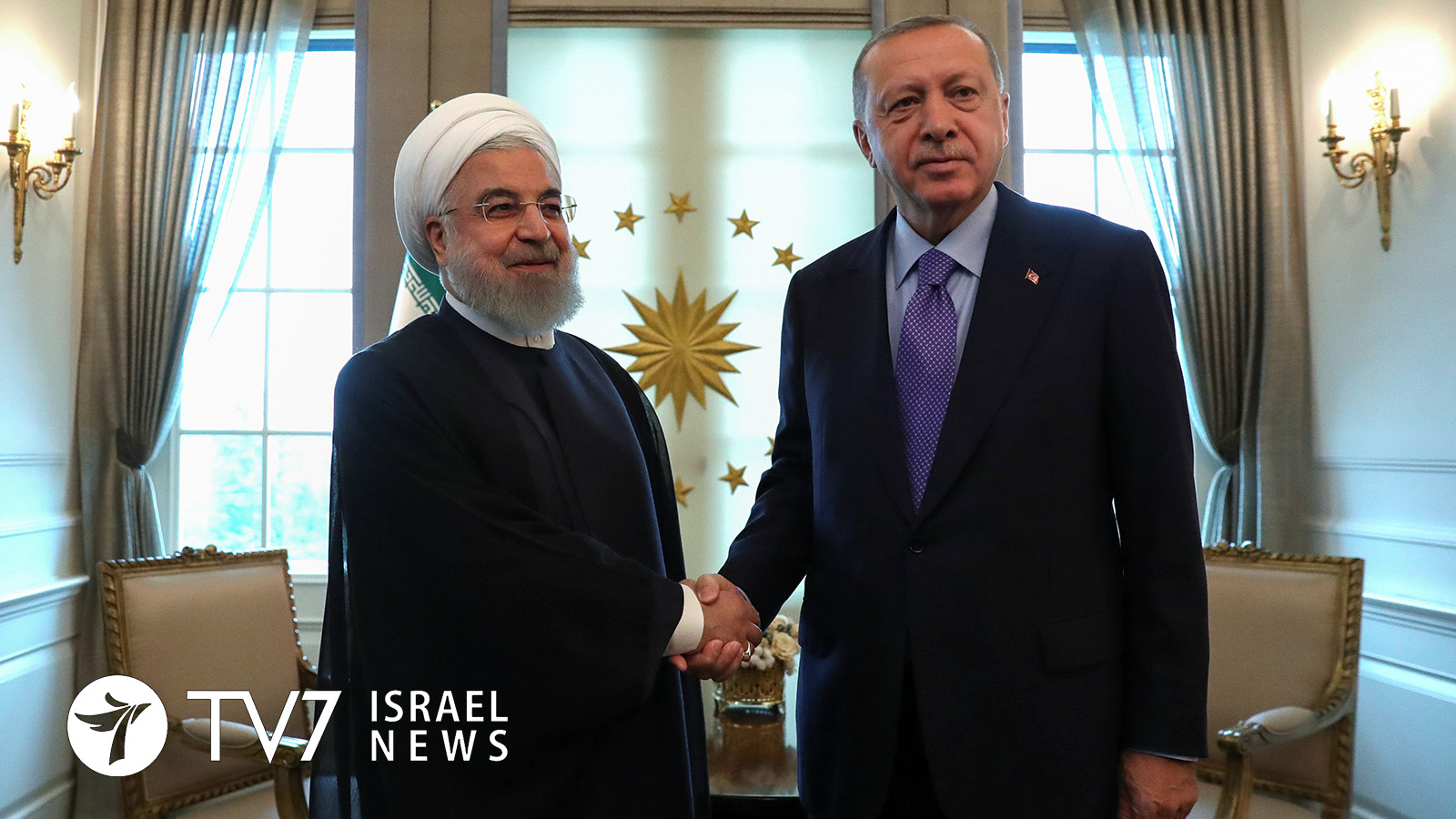Turkish President Recep Tayyip Erdoğan and his Iranian counterpart Hassan Rouhani held a virtual meeting, during which they “reviewed” “all aspects” of their nations’ bilateral relations and discussed “steps aimed at further enhancing the cooperation in light of the new circumstances caused by the coronavirus pandemic.”
This, according to a statement by Turkey’s Communication’s Directorate, adding that other topics included regional and international matters of mutual interest.
“Dialogue between Turkey and Iran has a key role in resolving many regional problems,” stated Erdoğan, saying that he also believed the COVID-19 morbidity rate would return to its “previous levels as the epidemic subsides” with Iranian “cooperation.”
Meanwhile in Tehran, Regime Spokesman Ali Rabbi insisted that the United States will be negatively affected by its determination to extend United Nations sanctions on Iran. Washington officially informed the United Nations Security Council of its decision to do so under Resolution 2231.
“We believe that nothing will happen on September 20th except the continuation of illegitimate and failed coercion (by the US against Iran), and of course the further isolation of the US itself,” sad Rabbi.
Tehran’s wishful thinking apparently pertains to vocal opposition to the American move by UNSC members .
“We see no sign in the world of alignment with the US, the members of the Security Council have told America loudly that it has no right to reinstate previous sanctions,” asserted the Iranian spokesman.
It is important to explain that the United States initiated the restoration of virtually all UN sanctions on Iran lifted under UN Security Council Resolution 2231 with “formal notification” to the world body of its decision on 21 August; thus activating a 30-day countdown to the imposition of global sanctions. Attempts by any of the council’s 14 other member states would be contested by the US, which holds veto power as one of five permanent members.
